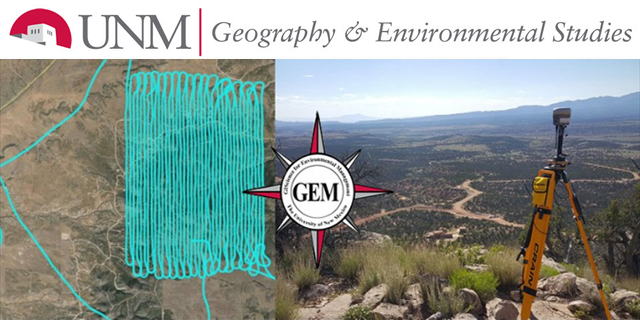
Geography ETDs
Publication Date
Fall 11-24-2021
Abstract
Because the majority of land in the Midwestern United States is privately owned, the responsibility for creating and maintaining space for wildlife conservation falls upon private landowners. Numerous state and federal agencies and non-governmental organizations (NGOs) host private lands conservation programs that offer landowners financial and technical support to complete conservation projects on their property (Echols, Front, and Cummins 2019). While the individual motivations and priorities of a landowner may inform how they use and manage their property, a landowner’s ability to connect with the agricultural and conservation communities may determine if they have the opportunity to participate in these private lands conservation programs. Focusing on Iowa, and employing political ecological and social network theories, my research addresses the following questions: (1) How does access and opportunity to participate in private lands conservation programs differ across landowners? (2) What are the barriers that prevent or limit landowner participation in private lands conservation programs? I use a mixed methods approach in the form of an online questionnaire and semi-structured interviews to capture nuanced narratives of landowners’ experiences. My findings suggest that certain land management behaviors are socially embedded, social networks and landowners’ relationships may influence their ability to access processes of knowledge creation and exchange, and thus private lands conservation programs, and non-dominant landowner groups may have different needs and priorities than dominant landowner groups. Family governance structures, informal mentorship processes, local political alignment, and institutional barriers influence who has access to private lands conservation programs.
Degree Name
Geography
Department Name
Geography
Level of Degree
Masters
First Committee Member (Chair)
Melinda Morgan, J.D.
Second Committee Member
Marygold Walsh-Dilley, Ph.D.
Third Committee Member
Miriam Gay-Antaki, Ph.D.
Fourth Committee Member
Andrew DiAllesandro, U.S. Fish and Wildlife Service
Document Type
Thesis
Language
English
Keywords
conservation, private lands conservation, social networks, political ecology, Midwest
Recommended Citation
Loechner, Ellen. "NUANCED NETWORKS: HOW SOCIAL RELATIONSHIPS AND POWER INFLUENCE PARTICIPATION IN PRIVATE LANDS CONSERVATION PROGRAMS." (2021). https://digitalrepository.unm.edu/geog_etds/61
